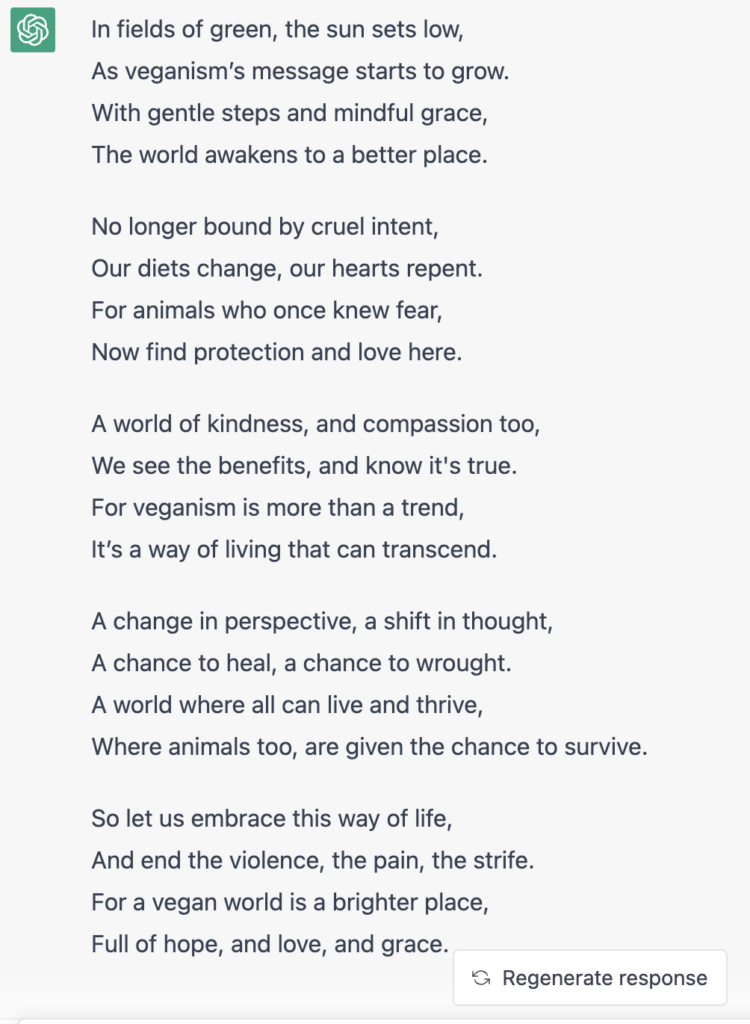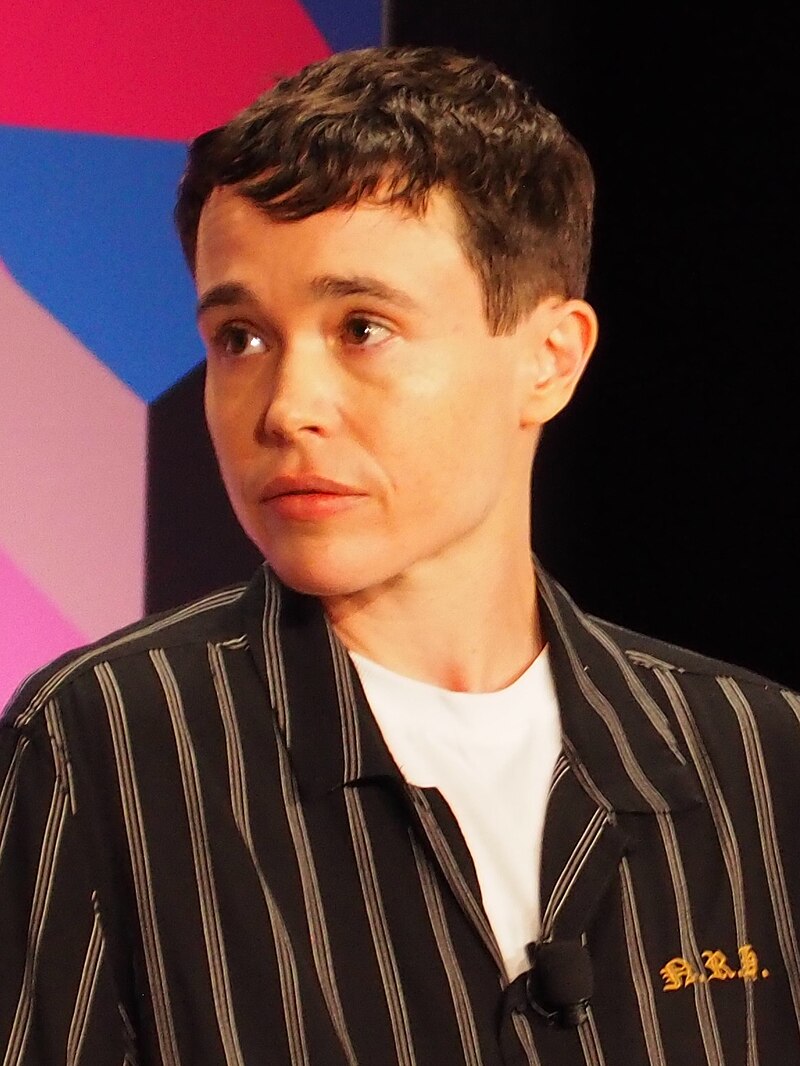ChatGPT is a large language model created by OpenAI, based on the GPT-3.5 architecture. It is designed to be able to understand and generate human-like language, making it incredibly useful for a wide range of applications. With over 175 billion parameters, ChatGPT is one of the largest language models currently in existence, and it has already shown impressive capabilities in natural language processing, machine learning, and other fields.
One of the most impressive features of ChatGPT is its ability to understand context and generate responses that are appropriate for a given situation. This makes it ideal for use in chatbots, virtual assistants, and other applications where natural language understanding is important. For example, if you ask ChatGPT a question about a specific topic, it can generate a response that is both informative and easy to understand.
Another advantage of ChatGPT is its ability to learn from large amounts of data. Because it is based on deep learning algorithms, it can analyze large datasets and use that information to generate more accurate responses. This means that as more data is fed into ChatGPT, it will continue to improve and become even more effective.

ChatGPT or a human?
The three paragraphs above were not written by me, but by ChatGPT itself. I simply asked it the following: “Please write an article on ChatGPT” Part of what it gave me is what you see above, even though it actually followed a proper article style with introduction, body of text and conclusion. ChatGPT has already been used in a number of applications, including customer service chatbots, language translation tools, and even in creative writing. Its ability to generate text that is both coherent and grammatically correct makes it an ideal tool for content creation and other language-related tasks.
I have played around with it quite a bit and asked different tasks, such as writing songs, poems or book summaries. I even asked it to give me a list of topic ideas—just to see what it would come up with. It’s very precise and tends to give you a lot of detail. You can re-generate the responses if you want it described differently. And you can stop at any time if you only need a short answer. Otherwise it will spew out quite a bit of information before stopping itself.
The future of ChatGPT
Where ChatGPT excels
Overall, ChatGPT is an incredibly powerful tool that has the potential to revolutionize the way we interact with technology. With its ability to understand natural language and generate human-like responses, it could have a wide range of applications in fields such as customer service, education, and entertainment. Some people are even worried that ChatGPT will replace all kinds of jobs in the future. It’s a natural fit for customer service, accounting, legal review, editing, copywriting, and more. There is also the problem with differentiating whether something was written by AI or by a person. This can be tricky in schools for example, where students can simply ask ChatGPT to write an essay for them and the teacher probably would not be able to tell the difference.
Where ChatGPT falls short
ChatGPT learns from itself, so with every data that is fed into the system it evolved, meaning no response will be identical to a previous one. Nonetheless, it’s still a bit away from ‘replacing’ us humans. People have tried giving it rather difficult tasks, such as writing a legal contract, and ChatGPT still comes up short with such in-depth tasks. When asked to “write a novel,” ChatGPT comes up with a yarn of less than 500 words. Considering that’s 1/200 of an actual novel, it seems safe to say ChatGPT doesn’t have the ability to create an in-depth literary work. (Although if you really want an AI ghostwriter, you could try NovelAi, a subscription service that helps you write…novels.)
Turing Test
Ask ChatGPT a question about itself: “where are you from? what’s your personality like?” It will tell you that it’s an AI, therefore it’s not from anywhere, and that it has no personality. In other words, ChatGPT is far from passing the Turing test, which is when a human observer can’t tell the difference between an AI and a human correspondent. Moreover, ChatGPT works best in English. While it does give you rather decent results in other languages—I tried German—it was far from the quality of the English content.
So, while Chat GPT is extremely impressive (and in my humble opinion a bit scary), there is still quite a long way to go before the fear of AI replacing human work actually becomes reality. For now, it is a great supportive tool to answer questions quickly and to draft certain things, but there is still the need of proof-reading and correcting it here and there. Nonetheless, it is a fun tool to play around with. Here is a short poem about veganism I asked it to write for us:

Get more like this—Sign up for our daily inspirational newsletter for exclusive content!
__
Photo: Aleksandr Vlad via Unsplash; screen capture from Chat GPT




